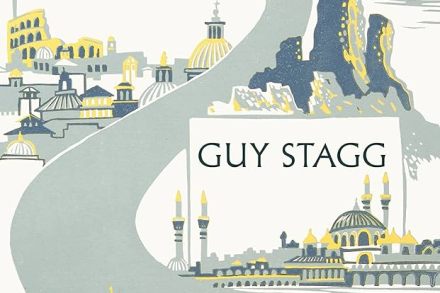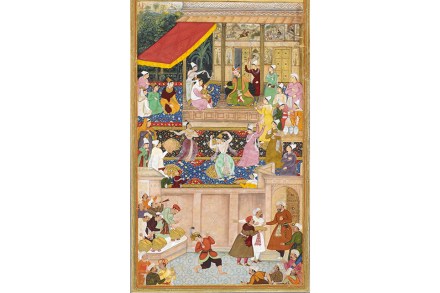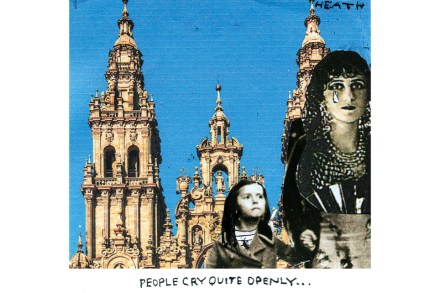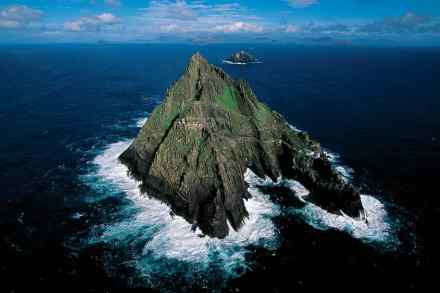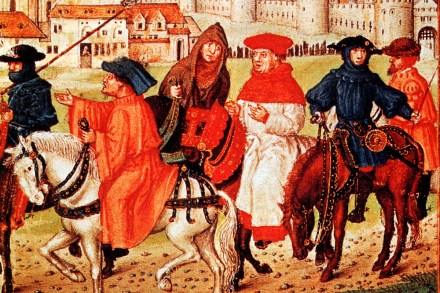From the archives: An atheist goes on a Christian pilgrimage. Why?
23 min listen
Writer Guy Stagg threw in his job to undertake a pilgrimage to Jerusalem via Rome – choosing a hazardous medieval route across the Alps. It nearly killed him: at one stage, trying to cross a broken bridge in Switzerland, he ended up partially submerged in the water, held up only by his rucksack. On this episode of Holy Smoke, from the archives, Guy explains why his journey was a pilgrimage, not just travels. And Damian Thompson talks to Harry Mount, editor of The Oldie, about why he’s irresistibly drawn to church buildings while remaining an unbeliever – albeit an agnostic rather than an atheist.
